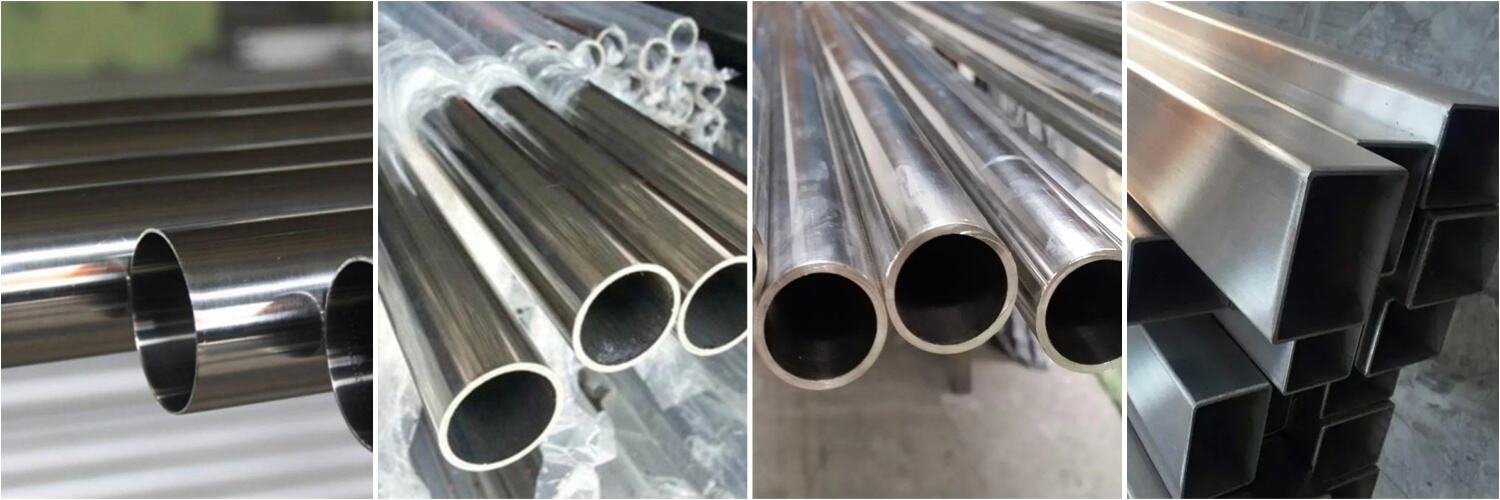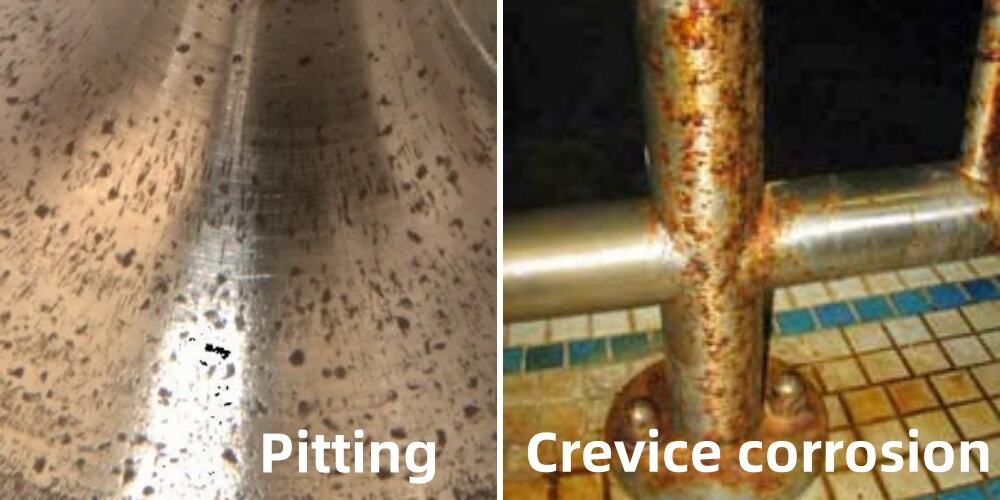304 stainless steel is the most common and widely used material. It is widely used in many fields such as home, industry and medical with good corrosion resistance, mechanical properties and machinability. Many people have a misunderstanding about the term "stainless steel" and think that it "never rusts". However, 304 stainless steel is not completely free from rust in any environment. Under certain conditions, 304 stainless steel may also corrode and rust.
This article will comprehensively explore whether 304 stainless steel will rust and the various factors that cause it to rust, so as to help everyone correctly understand the essential characteristics of stainless steel and make more scientific choices in terms of use and maintenance.
304 stainless steel is an austenitic stainless steel with 18% chromium and 8% nickel as the main components. This ratio gives it excellent corrosion resistance and oxidation resistance. It has moderate mechanical strength, good plasticity and toughness, strong weldability and good machinability. It is widely used in food processing, kitchen equipment, architectural decoration, medical equipment, chemical containers and other fields. Chromium forms a dense oxide film in steel, namely the passivation film, which is the fundamental reason why 304 stainless steel is not easy to rust. However, this protective film is not permanently stable and will be affected by the external environment.

Although 304 stainless steel has good corrosion resistance, it does not rust in all environments. The main factors affecting its corrosion resistance include environmental conditions, surface conditions, mechanical damage, pollution sources, ec.
The rusting of 304 stainless steel does not occur uniformly, but is a local or specific form of corrosion. Common forms of rust are:

1. The kitchen sink and faucet in the home have brown spots due to long-term contact with salt, soy sauce, water vapor and other substances, which manifest as pitting.
2. Balcony guardrails or air conditioning racks in coastal cities, due to salt spray environment and wind and rain, even 304 materials will rust in a short time.
3. The 304 pipes in the food factory are cleaned with chlorine-containing detergents. Due to the failure to rinse the residual liquid in time, the pipes are corroded and perforated.
4. The 304 stainless steel handrails around the swimming pool are exposed to chlorine-containing pool water and detergents, and rust and structural degradation will occur within a few years.
In order to delay the rust process of 304 stainless steel to the maximum extent, the following measures can be taken:
Although 304 stainless steel has a high cost performance, it is not the best in corrosion resistance. 316 stainless steel adds 2~3% molybdenum on the basis of 304, which greatly improves the resistance to chloride ion corrosion and is suitable for marine and chemical environments. The low-carbon version of 316L is more suitable for welded structures and can effectively prevent intergranular corrosion. Duplex stainless steel such as 2205 combines austenite and ferrite structures, and has stronger resistance to stress corrosion cracking.
Therefore, in extreme or special environments, higher-grade stainless steel materials should be selected according to actual use conditions.
If 304 stainless steel has rust spots or slight corrosion, the treatment methods include:
After treatment, daily maintenance should be strengthened to prevent rust again.
There is actually no absolute answer to the question of whether 304 stainless steel will rust. The correct statement is: "Under appropriate conditions, 304 stainless steel is not easy to rust; but under certain corrosion conditions, 304 stainless steel may also rust."
Therefore, scientific material selection, correct use, and reasonable maintenance can truly give play to the "corrosion resistance" advantage of 304 stainless steel.
We are a professional steel manufacturer. If you have any needs, you can contact us at any time!
 +86 17611015797 (WhatsApp )
+86 17611015797 (WhatsApp )  [email protected]
[email protected]
 Hot News
Hot News2025-06-10
2025-06-04
2025-05-26
2025-05-19
2025-05-14
2025-05-06

Copyright © Henan Jinbailai Industrial Co.,Ltd. All Rights Reserved - Privacy Policy